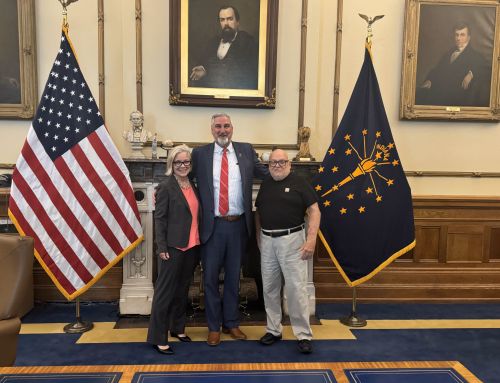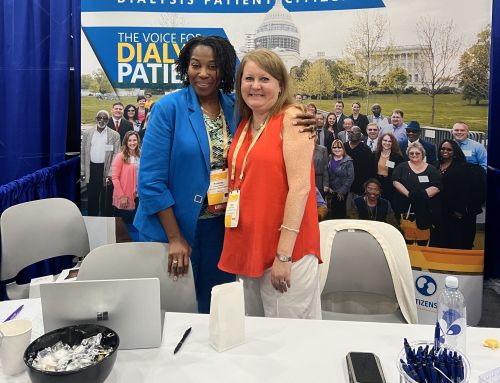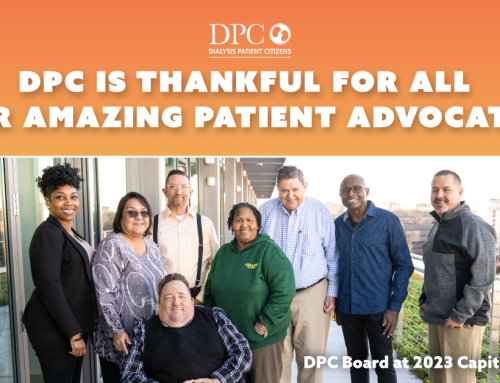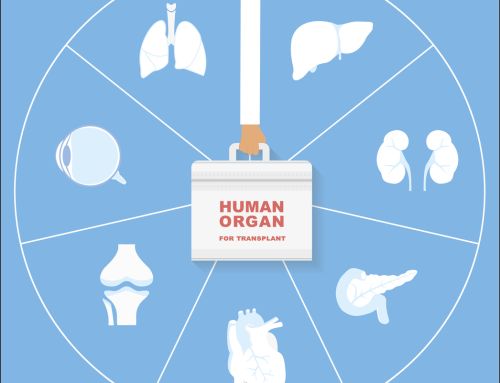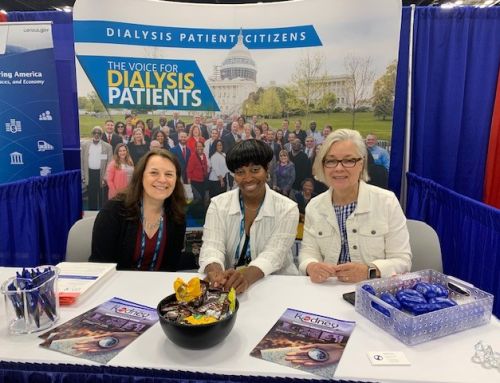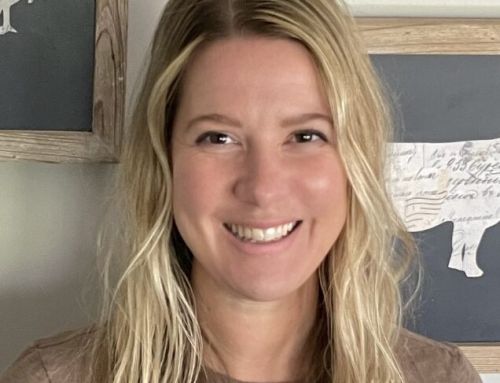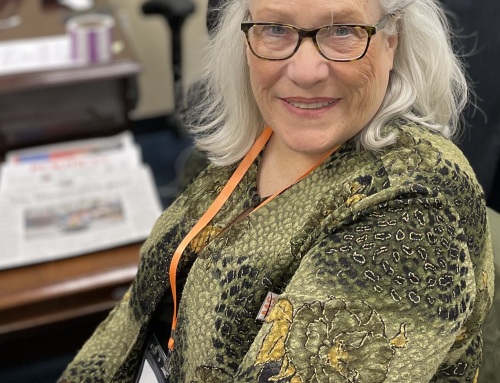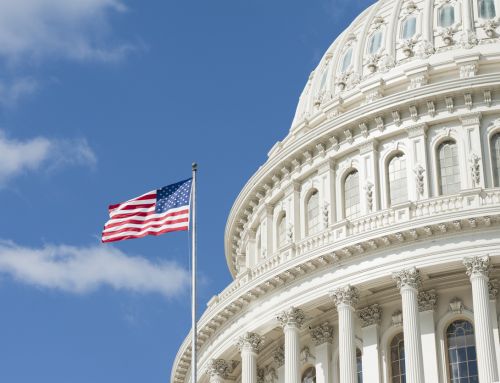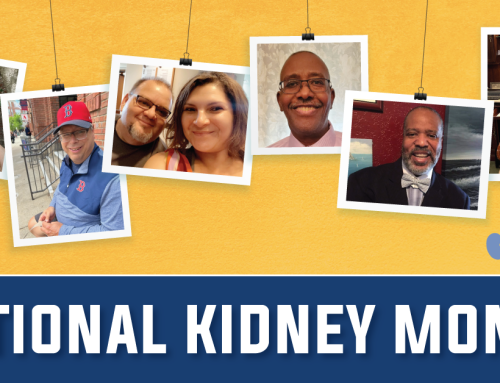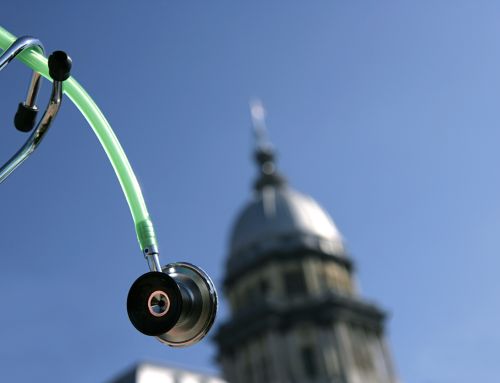By Hrant Jamgochian, CEO Dialysis Patient Citizens
Across the country, thousands of patients with end-stage renal disease (ESRD) face the agonizing choice of paying for necessities such as rent and food, or paying the insurance premiums that enable them to get dialysis and other critical care. Fortunately, ESRD patients have options. Thanks to federal law, they can enroll in Medicare at any age. Or, if they would rather keep a private insurance plan, they can apply for financial help from charities such as the American Kidney Fund.
These payments are a lifeline that enables patients to maintain their existing coverage and continue receiving care from their preferred doctors. That’s why Dialysis Patient Citizens strongly opposes a federal regulation issued last month that would make it difficult, if not impossible, for patients to receive charitable premium assistance. Last week, we and other advocates for dialysis patients filed suit in federal court to prevent the U.S. Department of Health and Human Services (HHS) from unlawfully infringing on patients’ ability to receive financial support for health insurance premiums.
The regulation does two things. First, it requires dialysis companies to provide patients with detailed information about their health insurance options and related costs. We actually support this requirement, which would result in greater transparency that helps dialysis patients understand their insurance options. However, the second part of the rule is greatly concerning. It requires dialysis providers “to ensure that issuers are informed of and have agreed to accept” charitable assistance provided to patients. Simply put, government regulators are giving insurers illegal veto power over patient access to private coverage.
The motives behind this onerous move are clear. For years, insurance companies have complained about having to cover the expensive care needed by people with advanced kidney disease. Rather than foot the bill themselves, insurers would rather kick the costs over to the federal government by forcing ESRD patients into Medicare or Medicaid. Under pressure from the insurance industry, the federal Centers for Medicare & Medicaid Services (CMS) moved to give patients the first shove by cutting off the financial help that enables patients to afford private insurance.
Insurers and regulators would have you believe that Medicare is all an ESRD patient needs. But private plans can be significantly better than Medicare. Consider:
- Dialysis patients often need care coordination services that are not covered in Medicare, and they often benefit from the cap on out-of-pocket expenses that does not apply in Medicare.
- Private plans may offer patients access to preferred doctors, specialists and health care facilities that do not participate in Medicare. In addition, Medicare does not cover dependents, a policy that could leave family members and caregivers uninsured.
- Research shows that ESRD patients with private coverage are almost three times as likely to obtain a transplant as those on Medicare. African-American ESRD patients with private coverage are approximately 14 times as likely to obtain a transplant as those on Medicare.
- ESRD patients under age 65 are prohibited in 23 states from buying Medigap coverage, leaving them responsible for the 20 percent of health care costs not covered by Medicare. In the other states, patients can buy only the most basic Medigap Plan, which still leaves a substantial portion of their expenses uncovered.
The regulation would not only force patients out of their current insurance plans, but it would give insurers a financial incentive to withhold critical care from policyholders who they know are about to be thrown into Medicare or Medicaid – care such as a preemptive kidney transplant, surgery for a fistula to ensure safe dialysis, or even patient education about measures to help delay or avoid kidney failure.
We brought these arguments before a federal court in Texas last week, along with U.S. Renal Care, which is based in Texas, DaVita and Fresenius Medical Care Holdings. We and our partners asked the court for a temporary restraining order to prevent the rule from taking effect as scheduled on Jan. 13. We also charged that the rule is invalid because CMS did not give notice of the rule or an opportunity for public comment on it, as the law requires, and because the rule violates the Affordable Care Act.
Insurers cannot be given carte blanche to discriminate against people with complex medical needs in ways that could force them off the coverage that provides access to lifesaving care. We hope the court recognizes the threat this rule poses to ESRD patients, who are entitled to the same patient protections that are afforded to everyone else.





